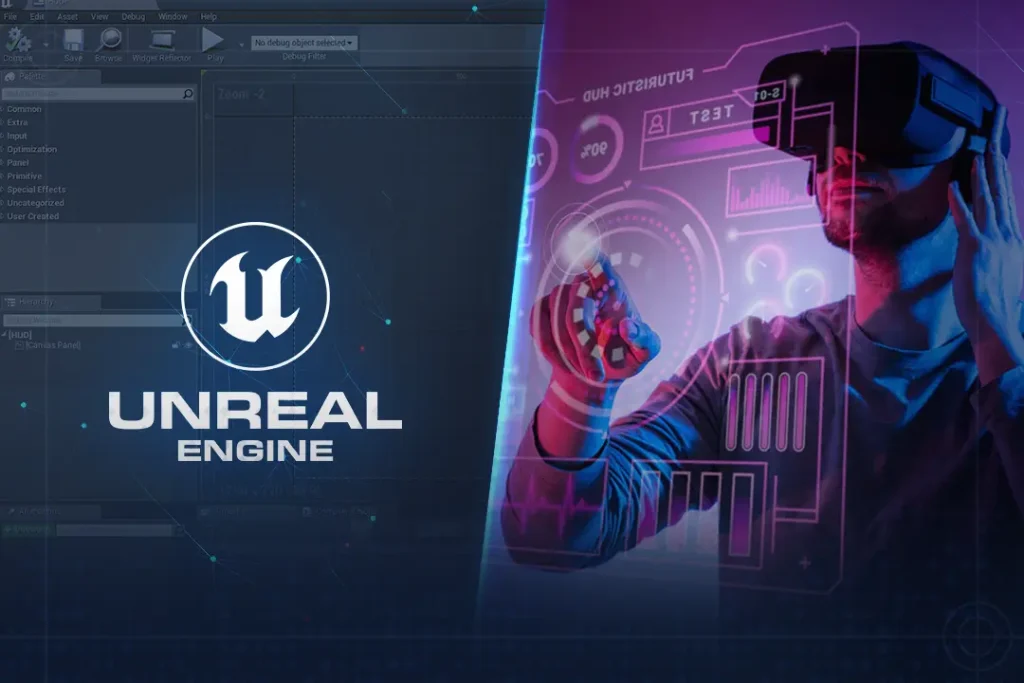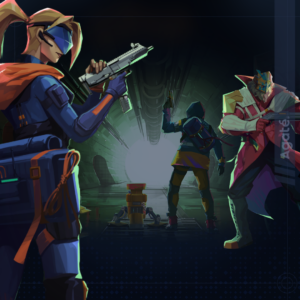
Crucible, a metaverse company creating essential game developer tools, has unveiled its Emergence software development kit (SDK) tailored for Unreal Engine. With this tool, developers can quickly build immersive digital experiences with various features, such as interoperable avatars, easy-to-use smart contracts, on-chain inventory services, and integrated wallets.
This move is a testament to the enduring commitment to propel the metaverse to new horizons. It exemplifies the unwavering dedication to fostering advancements in this ever-evolving digital realm. The metaverse is poised to revolutionize how we interact, learn, and entertain, and its realization requires collective efforts. This unwavering endorsement is not solely a reflection of the metaverse’s potential but also a commitment to its eventual triumph. It highlights the conviction that the world’s digital evolution is tied to the metaverse’s growth, spurring innovation and transforming our understanding of interconnected digital experiences. While some efforts have still been unsuccessful, such as Meta, which eventually incurred billions of dollars in losses in the development of the Virtual Reality ecosystem, support from major tech companies worldwide continues to persist.
Epic Games Initiative
Epic Games, as the visionary minds behind the creation of Unreal Engine, remain steadfast in their belief in the ongoing development of the metaverse. While the full realization of this immersive digital universe is still a horizon to be reached, glimpses of its potential are discernible through contemporary gaming phenomena like Roblox or Fortnite. Within these virtual realms, a substantial portion of players’ engagement revolves around consuming and creating user-generated content—a tangible prelude to the metaverse’s envisioned state.
Epic Games’ proactive stance extends beyond mere observation, as they diligently cultivate an environment that bolsters metaverse elements’ emergence. This support is manifested in their strategic unveiling of the Unreal Editor for Fortnite. This dynamic tool empowers players to immerse themselves in the gaming experience and actively contribute by crafting and sharing content within the Fortnite universe. This deliberate step is more than a technological offering; it signifies Epic Games’ earnest commitment to fostering the foundation of the actual metaverse.
In an interview, Tim Sweeney, CEO of Epic Games, explains that one of the enormous challenges faced in developing the metaverse is the varying standards for scripting. A standardized scripting framework would streamline the asset transfer process and foster a more interconnected metaverse ecosystem where creators can seamlessly integrate their innovations into different virtual realms. By overcoming this obstacle, developers can unlock new possibilities for collaborative content creation, enabling the metaverse to flourish as a cohesive and expansive digital universe. With the multitude of assistance being channeled into the Unreal Engine, it’s not far-fetched to speculate that the metaverse could pivot towards predominantly incorporating the Unreal Engine into its framework.
Metaverse Market Value Projections
The support provided by tech companies in the growth of the metaverse is driving a positive trend. Analysts predict that the metaverse could have a market value of 1.3 trillion dollars by 2030, with the largest market in North America and the highest growth in the Asia Pacific region. Another supporting factor is people’s inclination to engage in online activities, which can be facilitated by the metaverse ecosystem, such as socializing with friends or family, shopping, hosting conference events, or participating in other productive activities like schooling or work. However, to realize these aspirations, several restraints still need to be considered, such as the high cost of setting up and maintaining the metaverse ecosystem, user data security, and virtual currencies. Additionally, the involvement of governments and telecommunications companies is required to ensure the equitable development of technology infrastructure, especially technologies that can support 5G, a critical element for fostering the growth of the metaverse ecosystem.
Choosing the Right Partner
This potential growth could also attract other developers to engage in the metaverse sector, including Agate. As one of Indonesia’s most prominent game developers, Agate has experience creating games across various engines, including Unreal.
Are you looking for co-development, art services, or game porting? Look no further than Agate!
Don’t hesitate to get in touch with us today and learn more about how we can help you take your project to exceptional heights.







